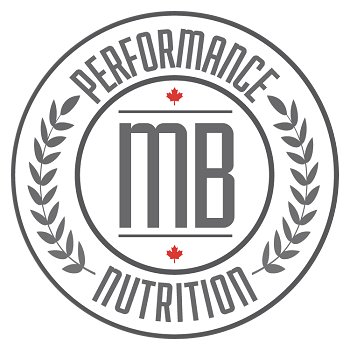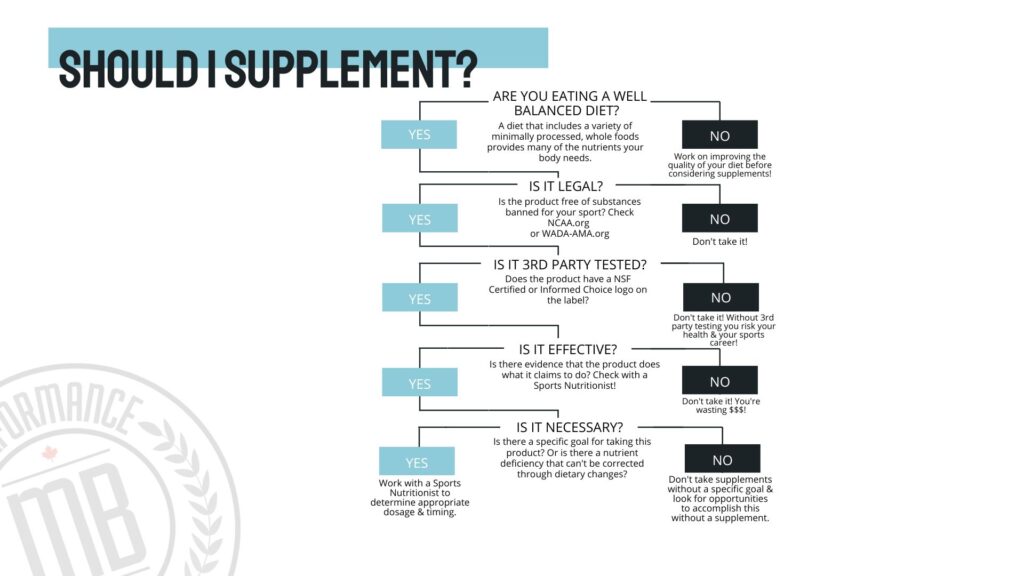Learn the essential information parents need before considering supplements for their teen hockey player. Understand why a food-first approach is crucial and what to look for in safe supplementation.
As a parent of a teen hockey player, you’re probably used to hearing about products promising faster recovery, bigger muscles, and peak performance. I’ve been asked questions like, “My son’s coach is recommending muscle-building and recovery products that I don’t know anything about. What should I look for?” It’s a valid concern, and it highlights an important point: not everyone giving advice, even with the best intentions, is qualified.
Other common questions parents bring to me include: “What’s the best electrolyte drink for kids?” “Is creatine good for teenagers?” and “What’s the cleanest protein powder for teens?” These questions underscore how confusing the supplement landscape can be and why having reliable, professional guidance is crucial.
Let’s dive into what parents need to know about supplements, why I take a food-first approach, and when supplementation might make sense.
Why a Food-First Approach Matters
A balanced diet filled with whole, minimally processed foods provides most of the nutrients your teen athlete needs. Nutrient-dense meals help support energy, recovery, and muscle growth far more effectively than supplements can. Plus, whole foods contain a variety of vitamins, minerals, and compounds that work together for better nutrient absorption and overall health.
Encourage your teen to eat a rainbow of fruits and vegetables throughout the week. Think of whole foods as your team’s MVP—reliable, consistent, and always delivering results, unlike that flashy new player (aka supplements) that doesn’t always live up to the hype. Each colour offers different vitamins and minerals, contributing to optimal body function and performance. If your teen’s diet is well-rounded, they’re likely getting most of what they need without the help of supplements.
One of the key goals of focusing on whole foods is to establish sustainable habits that benefit athletes in the long run. No supplement will make up for poor nutrition or inconsistent eating patterns. Plus, whole foods help build strong, natural hunger cues and energy balance—a crucial part of maintaining peak performance.
The Potential Risks and Concerns
One major concern with supplements is the lack of regulation. Unlike food or medications, the supplement industry doesn’t have strict oversight. This means that what’s on the label might not match what’s in the container. Additionally, products labelled with “proprietary blends” may not disclose all ingredients, increasing the risk of hidden, potentially harmful substances.
Contamination and Safety Risks
Contaminated supplements can pose serious health risks, ranging from liver damage to failing a drug test for banned substances. Imagine training for years, only to have your dreams derailed because of a mislabeled product—that’s like a plot twist worthy of a sports drama! This is especially true for athletes aiming for college or professional levels, where random drug testing is standard. Testing positive because of an unregulated supplement could spell the end of their career or lead to serious repercussions.
The Importance of Third-Party Testing
The safest way to know if a supplement meets safety standards is to check for third-party certification. Organizations like NSF Certified for Sport and Informed Choice for Sport independently test products for contaminants and banned substances. Always look for these certifications on supplement labels and visit their websites to verify the product’s status.
Third-party testing confirms that a company has invested in thorough safety checks. It’s an extra cost for manufacturers, which is why not all brands choose to do it. However, as a serious athlete or the parent of one, opting for products that have passed these tests is non-negotiable for safety.
As a side note, companies that make general health supplements like vitamin D, multivitamins, or fish oil might not have these sport-specific third-party certifications. You still have to make sure they are reputable brands that have other types of third-party testing.
When Might Supplementation Be Appropriate?
Supplements can be beneficial in specific situations:
- Deficiencies: If a blood test shows low levels of a nutrient like vitamin D or iron, targeted supplementation may be necessary. Remember, this should be done under the guidance of a nutrition professional.
- High-intensity training periods: During tournaments or demanding training cycles, protein shakes or electrolyte replacements may provide quick, practical nutrition support.
- Busy schedules or picky raters: For teens who struggle to meet their nutritional needs due to limited food choices or tight schedules, supplements can fill in gaps temporarily.
Making Informed Choices
Before buying any supplement, ask:
- Is my teen eating a well-balanced diet? If not, work on their meals before considering supplements. This is where a nutritionist can help. I offer personalized 1-on-1 services and the Hockey Nutrition Blueprint to guide your teen in building sustainable, performance-boosting eating habits.
- Are they allowed to take it? Check organizations like the Canadian Anti-Doping Program (CADP), NCAA.org or the World Anti-Doping Agency (WADA).
- Is it third-party tested? If not, don’t buy it.
- Is it effective? Is there evidence that the supplement does what it claims to do? Just because a supplement is third-party tested doesn’t mean it’s effective. This is where working with a sports nutritionist can be invaluable to help assess the product’s efficacy.
- Is it necessary? Consult a sports nutritionist to assess if there is a real need for a supplement. This process is highly individualized and often involves bloodwork to identify specific deficiencies or needs. I offer 1-on-1 coaching services to guide you and your teen through this process.
Final Thoughts
While supplements can play a role in a teen hockey player’s nutrition, they are not a magic bullet. A food-first approach helps them build healthy, sustainable habits that support their long-term health and performance. If you decide supplements are appropriate, prioritize safety by choosing products with third-party certification and seek guidance from a professional.
Taking these steps helps make sure your teen is fuelling their game safely and effectively.




